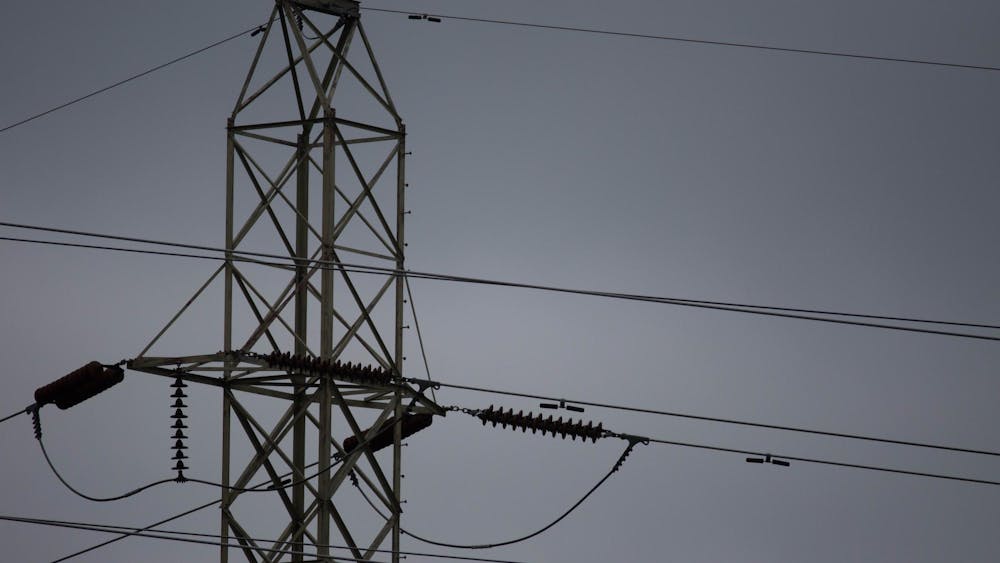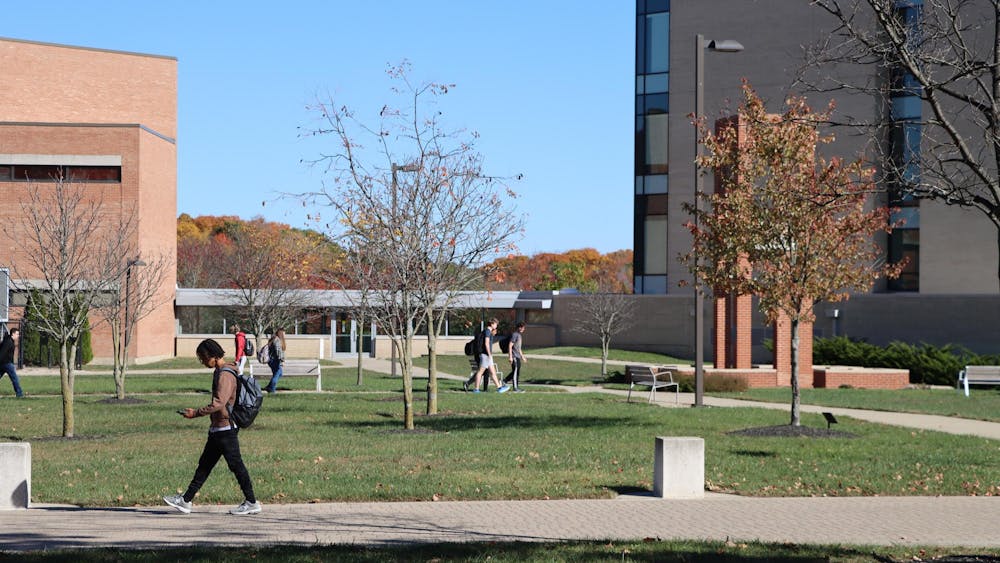Caffeine Addiction | Graphic by Diana Jaber | The Wright State Guardian
At Wright State University (WSU) there are numerous coffee shops for students and staff to enjoy. However, experts assert that excessive caffeine consumption can be detrimental to one’s health.
Psychology expert weighs in
WSU professor Patricia Schiml teaches several Behavioral Neuroscience courses related to psychopharmacology and is knowledgeable about the effects of caffeine consumption. Schiml asserts that one of the biggest issues that result from routine caffeine consumption is tolerance.
“Tolerance is when we become less sensitive to something over time, and therefore, we have to consume more of it to produce the same cognitive effect. It is typical that with repeated consumption of coffee, for example, that eventually one cup isn't enough to wake us up, and we end up needing more to experience the same level of alertness,” Schiml said.
In addition to tolerance concerns, excessive caffeine use is believed to influence one’s mental state.
“At low to moderate doses, caffeine probably is not associated with any risks in terms of mental health. However, a large, bolus dose of caffeine--think drinking a double shot of espresso on an empty stomach--might make someone feel anxious, and in those prone to anxiety disorders, panic disorder, social anxiety, etc., this might make it difficult to concentrate and or engage in typical activities,” Schiml said.

Schiml recommends that people monitor their caffeine consumption in order to avoid triggering these symptoms of anxiety and to ensure that they do not become dependent on caffeine usage in order to function.
Students weigh in
WSU student Sierah Geldbaugh does not drink coffee on a regular basis and avoids caffeine use in general.
“I didn’t want to be a student that depended on caffeine to keep me awake to do school work. Instead of drinking coffee and energy drinks while studying, I study throughout the day and get a lot of sleep at night,” Geldbaugh said.
University of Cincinnati (UC) student Emmaline Raines is an avid coffee drinker and enjoys visiting local cafes to do homework. Additionally, she credits coffee for balancing the effects of her attention deficit/hyperactivity disorder (ADHD).
“Most people don’t understand that those of us who are non-neurotypical can often experience the opposite effects from caffeine-- at least in the case of myself and other people I know with ADHD rather than feeling more alert or awake from coffee, it has a calming effect on my temperament,” Raines said.
It is clear the effects of caffeine use are dependent on many factors and vary from person to person. Overall, it is evident that achieving a balance in caffeine consumption is crucial to maintaining one’s health.












